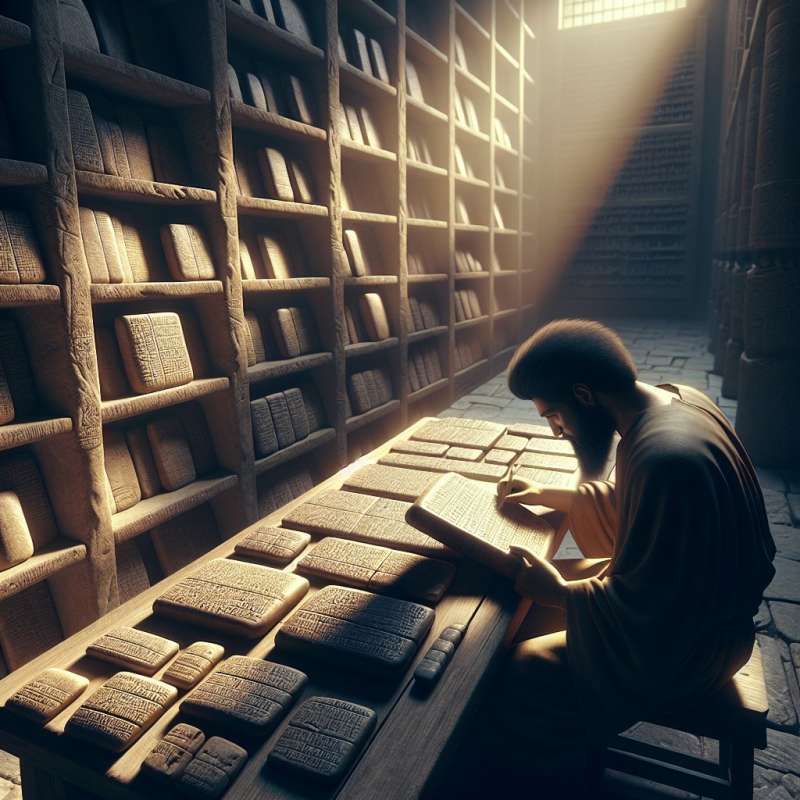
The First Dictionaries
Early 'dictionaries' were cuneiform tablets from ancient Mesopotamia, dating back to 2300 BCE. They were lexical lists, helping scribes understand unfamiliar words, especially for trade and diplomacy.
From Glossaries to Dictionaries
Medieval glossaries transitioned into dictionaries. They explained or translated difficult Latin words. By the 16th century, European languages began to formalize their own comprehensive dictionaries.
Samuel Johnson's Pioneering Work
Samuel Johnson's 'A Dictionary of the English Language' (1755) was groundbreaking. Johnson's work surpassed previous dictionaries in breadth and depth, including 40,000 words and detailed definitions.
The Oxford English Dictionary
The OED's first edition took 70 years to complete, from 1857 to 1928. It was a mammoth task involving hundreds of volunteers, including the murderer Dr. W.C. Minor.
Dictionaries and Culture
Dictionaries are not just linguistic tools but cultural documents. They capture the zeitgeist, adding new words annually reflecting societal changes, innovation, and evolving usage.
Digital Revolution of Dictionaries
The digital age transformed dictionaries. Online dictionaries offer instant updates, multimedia content, and interactive features, vastly increasing accessibility and user engagement.
Future of Lexicography
Emerging technologies like natural language processing and artificial intelligence are shaping the future of lexicography, potentially leading to real-time, context-aware, and user-specific definitions.
What were the first 'dictionaries'?
Cuneiform tablets
Latin glossaries
Johnson's word lists
Company